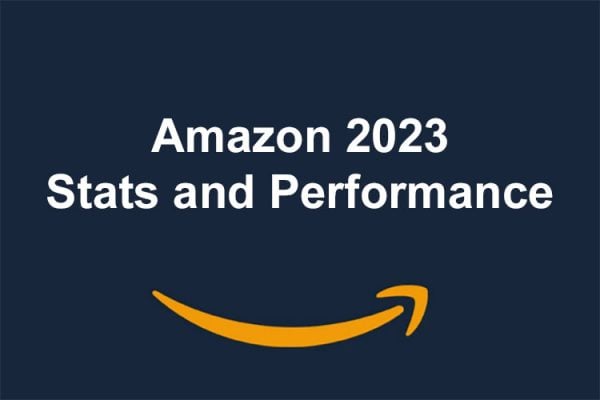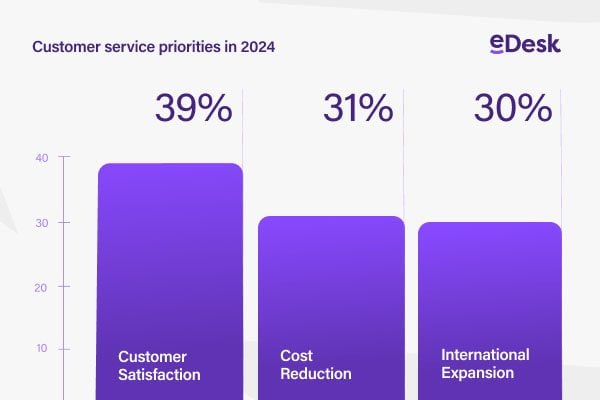 “Incentivised Reviews” on Amazon are where the review receives a product for free (or at a highly discounted price) in return for promising to leave a review for the product.
“Incentivised Reviews” on Amazon are where the review receives a product for free (or at a highly discounted price) in return for promising to leave a review for the product.
Obviously the retailer is hoping for positive reviews, and now research which looked at over 7,000,000 products has discovered just how big a difference incentivised reviews can make.
It’s worth saying that ReviewMeta who carried out the research don’t appear to be the slightest bit in favour of incentivised reviews concluding “We understand that Amazon is a publicly traded, for-profit corporation. Their goal is to maximize revenue, and loads of positive reviews help support that goal. However, at a certain point you start losing respect and trust from your customers, and it seems we’re about to hit that point“.
So not everyone is in favour, but if you don’t use reviews are you missing out? ReviewMeta discovered that non-Incentivised reviews have a 4.36 average rating, but incentivized reviews average out at 4.74. That might not sound like a significant difference until you realise a 4.36 rating would place your product around the middle (54th percentile) but a 4.74 rating rockets your product up to the top (94th percentile) in terms of the most popular products on Amazon. If you want a top rated product then incentivised reviews are without a doubt the way to go.
Interesting the behaviour extends beyond incentivised reviews, on average, reviewers who have written at least one incentivized review give an average of 4.56 stars, while reviewers who have never written any incentivized reviews give an average of 4.27 stars. It would appear likely that understanding retailers want positive reviews reduces the likelihood of leaving a bad review in the future even when no incentive was offered. Always ask for reviews from any repeat customers that have left you an incentivised review in the past as it’s probably going to be above average!
Incentivised reviews must contain a disclaimer according to Amazon’s rules, but the reality is that whilst consumers might discount individual reviews, they can’t split them out from the overall review star ratings for a product.
The number of incentivised reviews on Amazon is growing at an ever increasing rate and according to RevewMeta make up the majority of all new reviews on Amazon. Retailers using incentivised reviews are getting their products to the top of the review ratings so until Amazon change the rules using a review service such as AmzReviewTrader, HonestFew, iLoveToReview or ReviewKick appears to be the way to go.











7 Responses
It’s interesting that people who have left an incentivised review will go on to leave more favourable reviews in the future, even when they are not being incentivised.
I’ve never taken up an incentive to leave a review – but I must admit that because I’m in the industry if I decide to leave a review for a seller it’s always a five star rating. I know how much a 1 star rating can hurt a retailer – you have to pretty miffed to do that. If the product sucks that’s different.
chicken or egg?
did the customer receive a free product because they’re a known reveiwer? they can form coherent sentences in english and communicate effectively?
– or on the flip side, would you give free products in exchange for reviews, to people you know are constant neggers? who can barely string a sentence together?
both would easily explain a big chunk of the difference in scores.
– people who are rational and informed, are more likely to leave higher reviews, they’re also more likely to be offered free product in exchange for reviews.
many of our negatives are just ridiculous “bought a full bedroom set, arrived in more than one box”.
– this person apparently expected a single box the size of his house to be air-lifted in.
there’s no way i’d send him free anything in exchange for a review, his reviews are not worth the pixels they’re written on.
I’m not exactly a fan of incentivised reviews, but amazon are very up-front about it, every one is flagged, and the reviewer themselves often says that straight away, then goes on to give an (apparently) impartial review.
on the other hand, the chances of you being happy with something, is much higher if its free. your expectations are closely linked to cost.
e.g.
spent £2,500 on a 50″ TV, colour’s not quite right, absolute outrage.
got a 50″ tv brand new for £150, colour’s not quite right, I’ll live with it.
I have made the mistake of buying a product that had a lot of great reviews before really looking into the fact that they were given the product for free or at a discount. The product was utter garbage and not worthy of being on Amazon but the seller is selling a lot of them. For this reason, the Amazon reviews are very quickly becoming irrelevant and I think it has to be stopped. Also, the massive amount of fake reviews has to be removed. It is completely degrading the confidence in the marketplace. I know in the US they don’t allow reviews unless the product is over $5. With it being Amazon, I am sure they are about to put an end to it but there are thousands and thousands of false reviews on there already and hopefully, these can be removed. Verified purchases are the only way I read reviews and even then they can be “unbiased” reviews.
The simple fact that there are hundreds of reviews for things like iPhone 7 and note 7 cases way before they are released makes it very clear.
Hopefully, it’s stopped soon.
is this dubious practice just another sign that the market is maturing?
the best years of (proportional) growth must be over – and the likes of amazon’ s marketing people will be keen /desperate to stimulate loyalty if not actual volume.
i wonder how many of the marketeers have lived and worked in conventional cyclical markets?
I don’t see a lot of difference in buttering someone up with a heavy discount or writing a fake review. It’s still inaccurate. VIP placement for some professional grovelling. It’s the way it is & always will be.
Conversely a big problem with legitimate reviews is that (quite frankly) many British consumers are idiots.
We have had to battle with the more idiotic 1 star reviews left for all sorts of reasons. It hurts most when the product is new. We have to advertise to get the listing high up in the ranking – sell 100+ items to generate 1or 2 odd product reviews and then some idiot comes in and leaves a 1 star that can’t be identified. Sales drop and the listing is more or less useless.
I was browsing Amazon recently for a whetstone (thrilling purchase, obv). One listing had 20 five-star reviews. I looked more closely. All 20 reviews had been left in a two-week period and at the *end* of each the so-called reviewer had said they had received a free product in return for their “unbiased” review. The one thing those “reviews” were not was unbiased. I didn’t buy the whetstone. I didn’t buy any whetstone on Amazon. I now use the website to make wishlists and then buy elsewhere. It has lost whatever integrity and trustworthiness it once had.